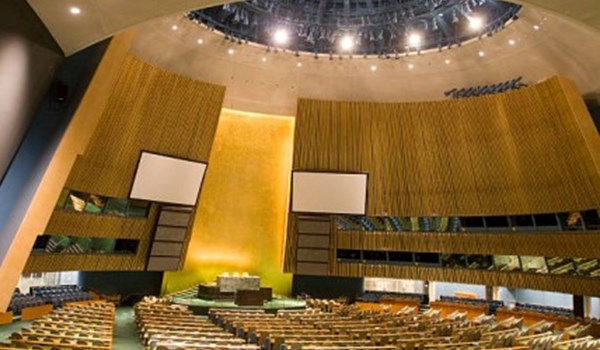The president of the next annual UN climate conference, Mukhtar Babayev, stated on Wednesday that developing nations need nearly $6 trillion by 2030 to combat and adjust to climate change.
The Azerbaijani environment minister also mentioned that the host country will encourage nations to make concrete commitments at COP29, especially to double adaptation finance by 2025.
He said that Azerbaijan is committed to reinforcing climate finance, with a particular emphasis on supporting developing countries, keeping in mind their needs, “which approach nearly $6 trillion by 2030.” In an online address to a summit by The Energy and Resources Institute, Babayev said Azerbaijan will promote innovative financing mechanisms, including new private-public sector partnerships. This is important to ensure accountability and real progress, he noted.
COP29 will also focus on building a clear and actionable roadmap to triple global renewable energy capacity and double the energy efficiency rate by 2030, he said.
Climate finance will be the main focus of COP29 where nations have to set a new post-2025 target for raising funds to help developing nations cut emissions and handle the impacts of climate change.
This is tough because rich nations have repeatedly failed in meeting their 2009 promise to raise $100 billion annually by 2020 to support developing countries.
Simon Stiell, the Executive Secretary of the UN Framework Convention on Climate Change, said in the Azerbaijani capital Baku last week that the world would need at least $2.4 trillion to keep within reach the target of limiting global warming to 1.5 degrees Celsius.
The G20 bloc last year said that developing countries will need $5.9 trillion in the pre-2030 period to implement their national climate plans effectively, with the aim of holding global warming to well below 2 degrees Celsius, preferably 1.5 degrees Celsius.
Earth’s global surface temperature has risen by around 1.15 degrees Celsius compared to pre-industrial levels (1850-1900), and the CO2 spewed into the atmosphere, largely due to the burning of fossil fuels since the start of the Industrial Revolution, is closely tied to it.
Climate science says the world needs to slash CO2 emissions by 43% by 2030 to limit the average temperature rise to 1.5 degrees Celsius, the guardrail to prevent worsening of climate impacts. The business-as-usual scenario will take the world to a temperature rise of around 3 degrees Celsius by the end of the century, scientists have warned.



